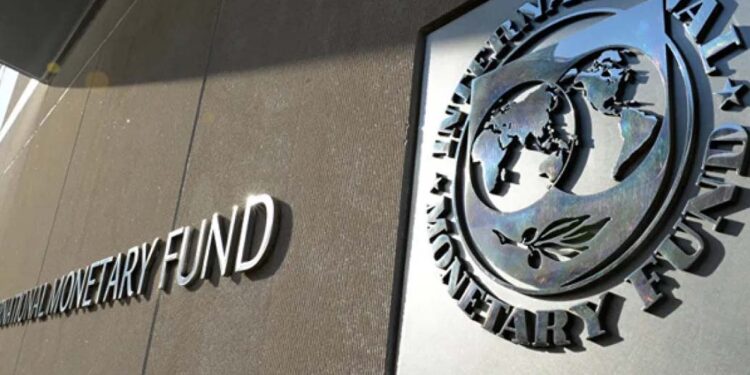Despite stronger-than-expected growth and record-high international reserves, Ghana’s overall performance under its IMF bailout programme has stumbled—prompting swift corrective action from the new government.
The International Monetary Fund (IMF) and the Government of Ghana have reached a staff-level agreement to conclude the fourth review of the country’s 36-month Extended Credit Facility (ECF) programme. If approved by the Fund’s Executive Board, Ghana will unlock an additional US$370 million in support, raising total disbursements since May 2023 to US$2.355 billion.
But while the economic outlook for 2024 showed surprising strength—driven by booming mining and construction activity, higher remittances, and robust gold exports—the IMF warns that fiscal discipline has weakened significantly.
“Preliminary fiscal data point to slippages in the run-up to the 2024 general elections,” the Fund said in its latest statement, attributing the deterioration to a large accumulation of unpaid bills and missed reform deadlines across key sectors.
Inflation also overshot targets, and several public sector reforms—particularly in the financial, energy, and governance spheres—were delayed.
Bold Reforms Amid Budget Shortfalls
To get back on track, the government has initiated an audit of the arrears and is pushing through a reform-heavy 2025 Budget, aimed at shifting the fiscal balance from a 3.25% GDP deficit to a 1.5% surplus. New fiscal rules, tighter expenditure controls, and public financial management reforms are also being introduced.
In addition, authorities reaffirmed their commitment to long-term structural changes—particularly in State-Owned Enterprises (SOEs) managing Ghana’s gold, cocoa, and energy sectors.
Read Also: Ghana seizes diplomatic window to push for zero tariffs on key exports
During its recent visit, the IMF mission held extensive meetings with key stakeholders, including Finance Minister Mohammed Amin Adam, Bank of Ghana Governor Dr. Johnson Asiama, and other senior government officials.
While acknowledging the government’s proactive steps, the IMF stressed the need for sustained momentum to fully realize the programme’s goals.
“The Ghanaian authorities have taken bold measures to address policy slippages and ensure the programme objectives remain within reach,” the Fund noted.
The next step lies with the IMF Executive Board, whose endorsement would not only release the next tranche of funding but also signal renewed confidence in Ghana’s recovery roadmap.

























